Wisconsin Pride – Judy Greenspan
§ §
Narrator: By 1971, the group had adopted the name “the Gay Liberation Front” and had been attracting new members across campus, including an anti-war activist named Judy Greenspan.
Judy Greenspan: I can’t count the number of times I was tear gassed.
[explosion, shouting]
There was, like, a revolutionary spirit on campus. We were all part of this progressive movement, and it was a massive movement.
Narrator: A New Jersey native, Judy Greenspan came to school at UW-Madison drawn by the anti-war movement. Finding like-minded people fighting for a cause, Greenspan was still looking for something more. Searching for other lesbians…
Judy Greenspan: So, I found out where the Gay Liberation Front was meeting. I went to a meeting, and they were literally about forty-five young men… and one woman. I just said, “This is ridiculous.”
Narrator: Determined to build a sisterhood, Judy Greenspan and a friend began to post fliers on campus, calling for lesbians to come together. What Greenspan did not expect was the reaction from comrades in the anti-war movement when they saw the fliers.
Judy Greenspan: People would say, “Oh, what are you organizing?” And they’d look at it, and their jaw would drop. And then, they’d sort of walk away. The amount of homophobia in the anti-war movement was, I thought was pretty deep. I don’t see the dichotomy between being a political person fighting for social change and being queer. I don’t; I think they’re– they’re together.
Narrator: Greenspan’s grassroots organizing helped form the group that would become known as Madison Lesbians.
Judy Greenspan: We didn’t have the community. We had to build the community. And we just did it the best that we could. You know, could somebody have done it better? Probably.
[laughs]
But we did it; We did it.
[laughs]
Narrator: Together, Madison Lesbians and the Gay Liberation Front traveled around the state, working with emerging gay organizations at other college campuses on LGBTQ+ issues. But at home, they would find themselves locked out when students at Madison East High invited Greenspan to speak.
Dick Wagner: The principal ruled that “No, out lesbian Judy Greenspan couldn’t come and speak.” In fact, the Madison Principals’ Council ruled that they wouldn’t allow any homosexual speakers in the high schools.
Judy Greenspan: And the school board totally backed him up on it. Everybody would say, “Oh, yeah. “I mean, that’s a no-brainer. “Gay people are sick; They’re ill. “It’s illegal. Can’t let them into schools.”
Narrator: The ban not only kept gays and lesbians out, but also put any closeted students or teachers at risk. The Madison Lesbians and activist Judy Greenspan decided to take a stand for gay rights.
Judy Greenspan: We fought back by running an openly lesbian candidate for school board. And I said, “Oh, yeah, I’ll do it.” So, as a lesbian, I could not go into the schools. I couldn’t speak to the students. I couldn’t get through the door. But as a candidate, they would not be able to deny me entrance.
Dick Wagner: As a candidate, she would appear on forums that were in the high school and be able to debate. It was a very inventive way to challenge the ruling of the principal.
Judy Greenspan: We were not running to be part of the political system. But we really ran as a way to protest what we thought is a horrible injustice.
Narrator: Greenspan would not win the 1973 school board election. But would make history as the first out lesbian to run for public office in America. And the first in a long line of LGBTQ+ people who sought office in Wisconsin.
Dick Wagner: Wisconsin is the only state to have elected three out congresspeople. Steve Gunderson, a Republican. Mark Pocan, a Democrat. And the first U.S. out Senator, Tammy Baldwin.
Narrator: For Judy Greenspan, it was about seeking justice. Taking a public stance for those who couldn’t.
Judy Greenspan: It was definitely one of the proudest things that I have done in my life.
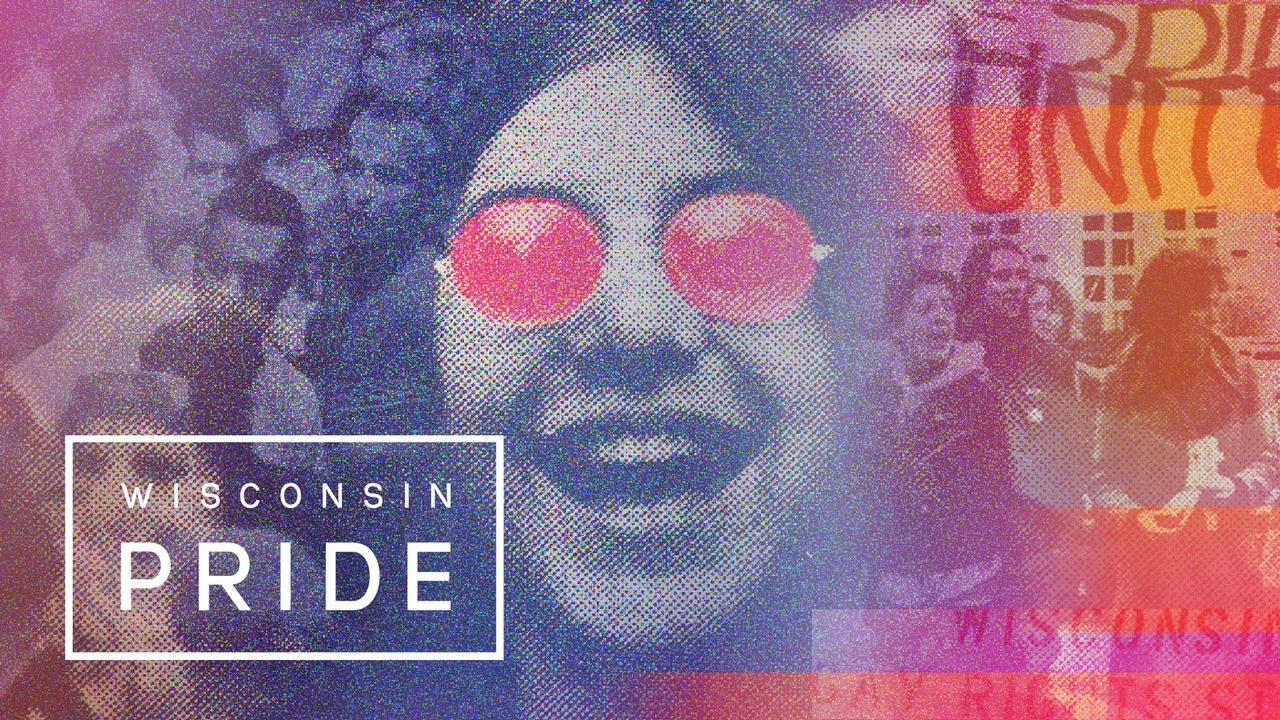
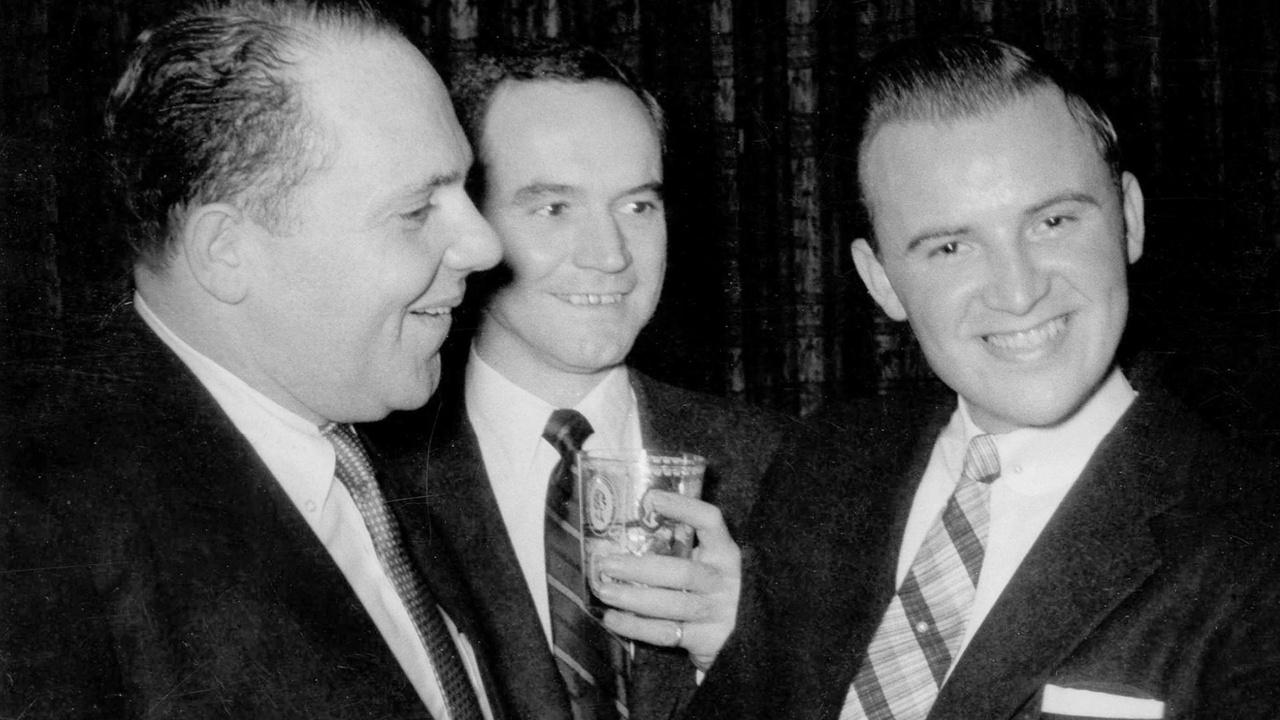
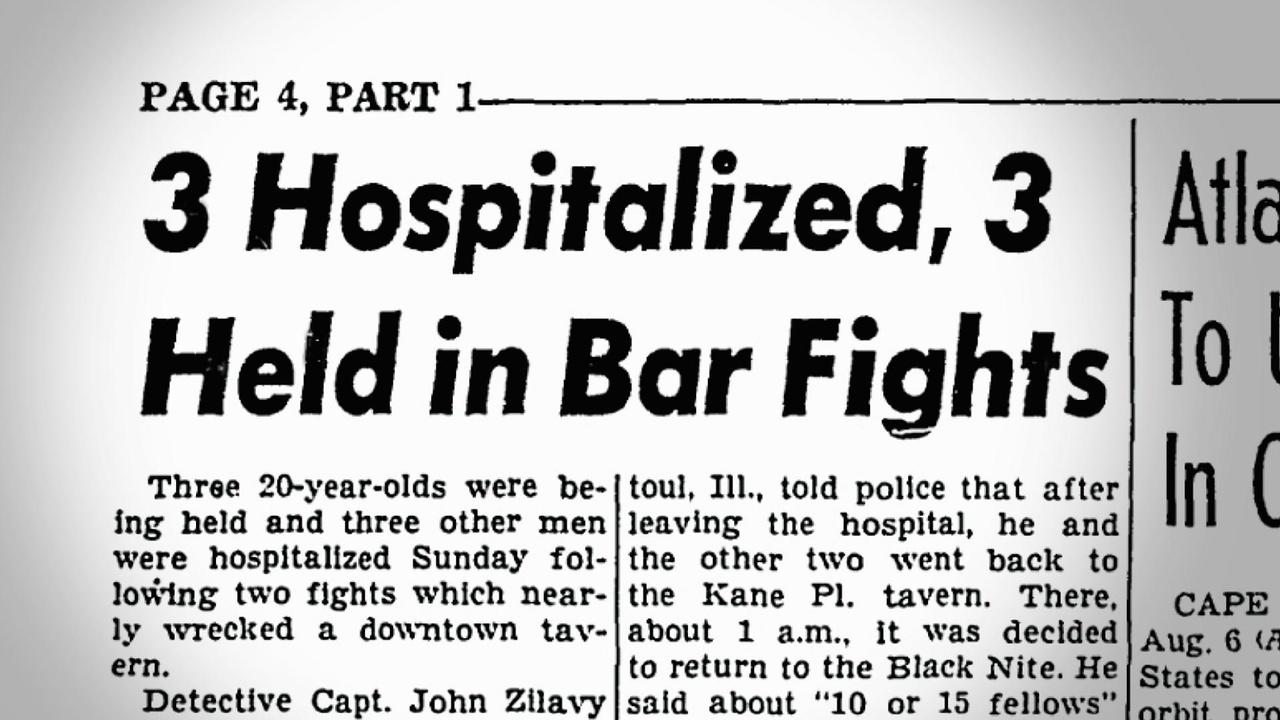
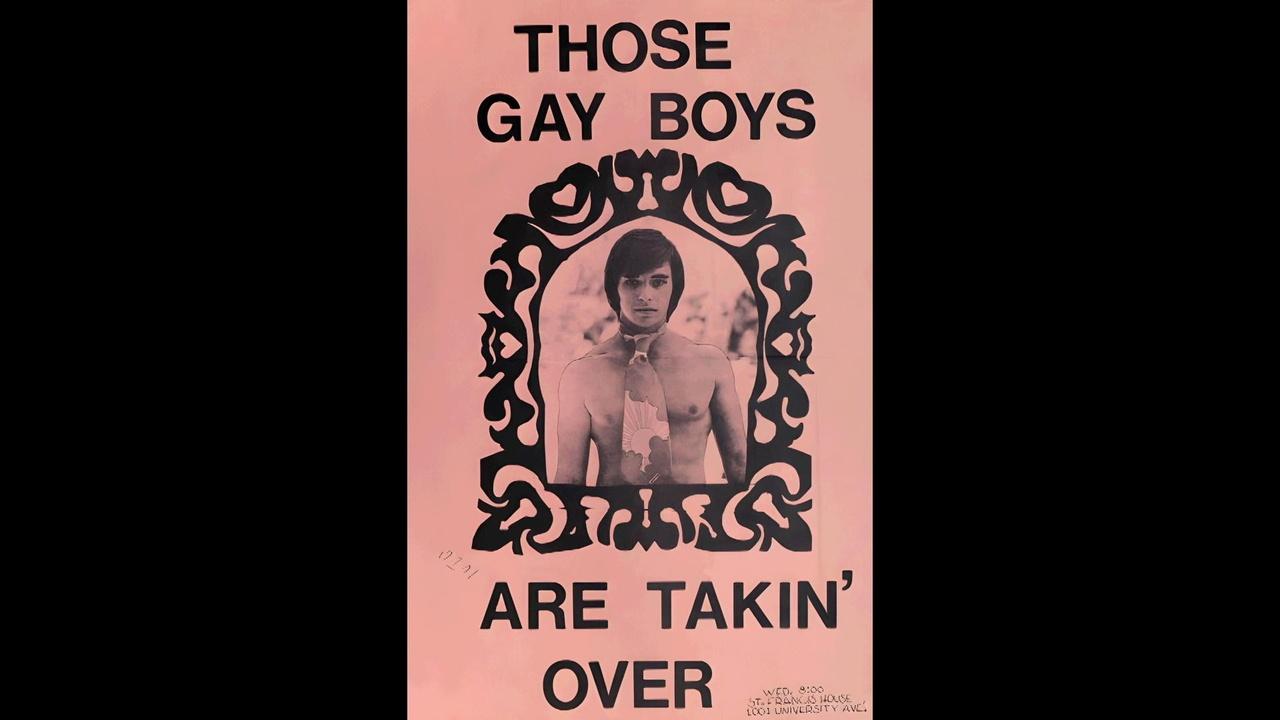
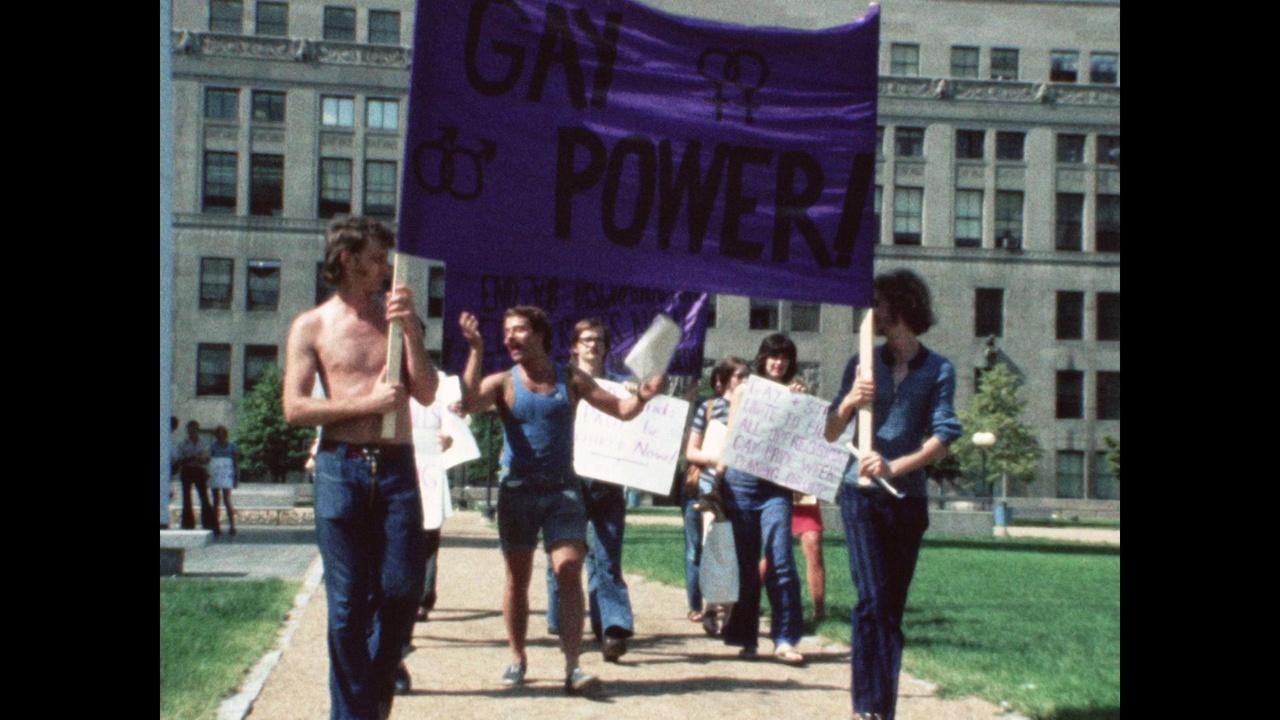
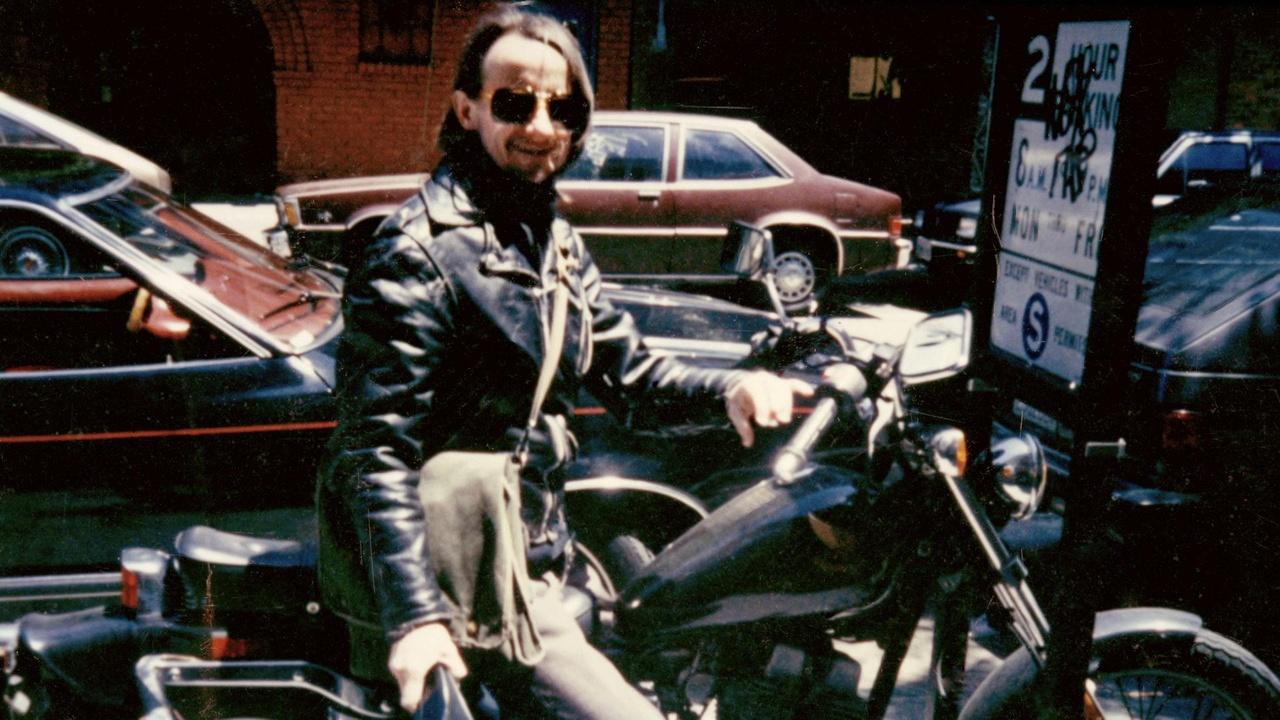
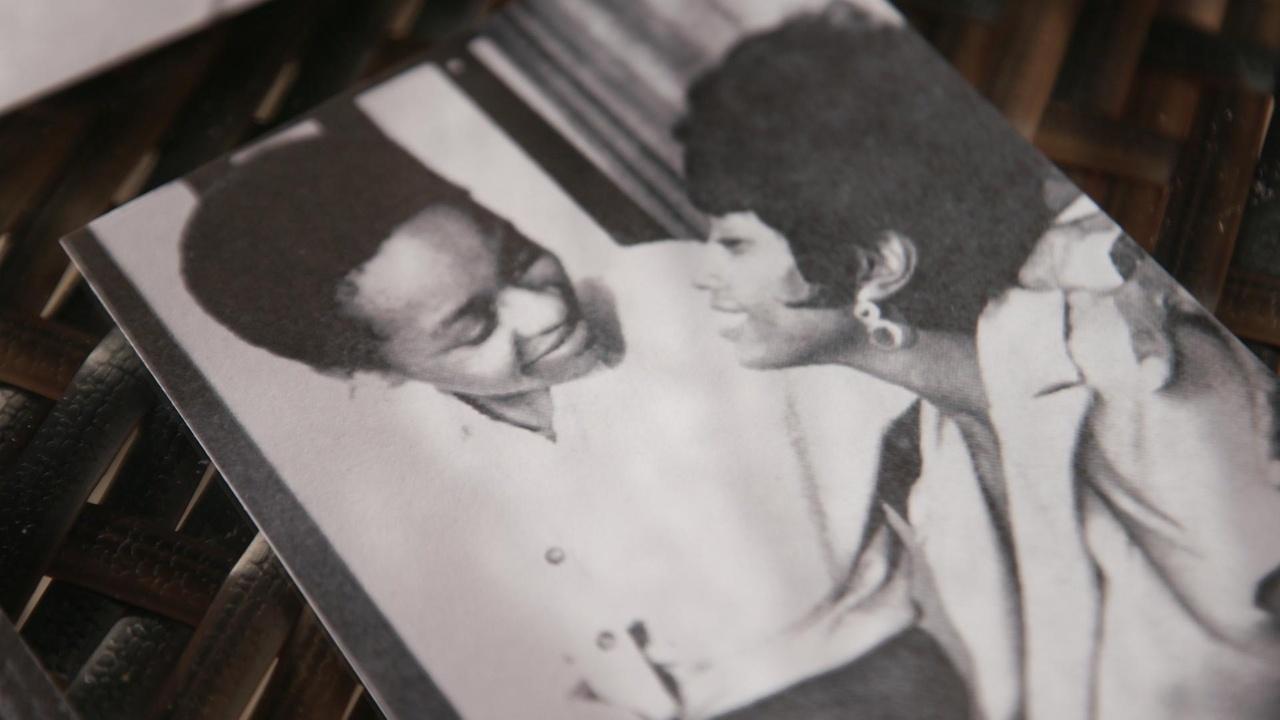
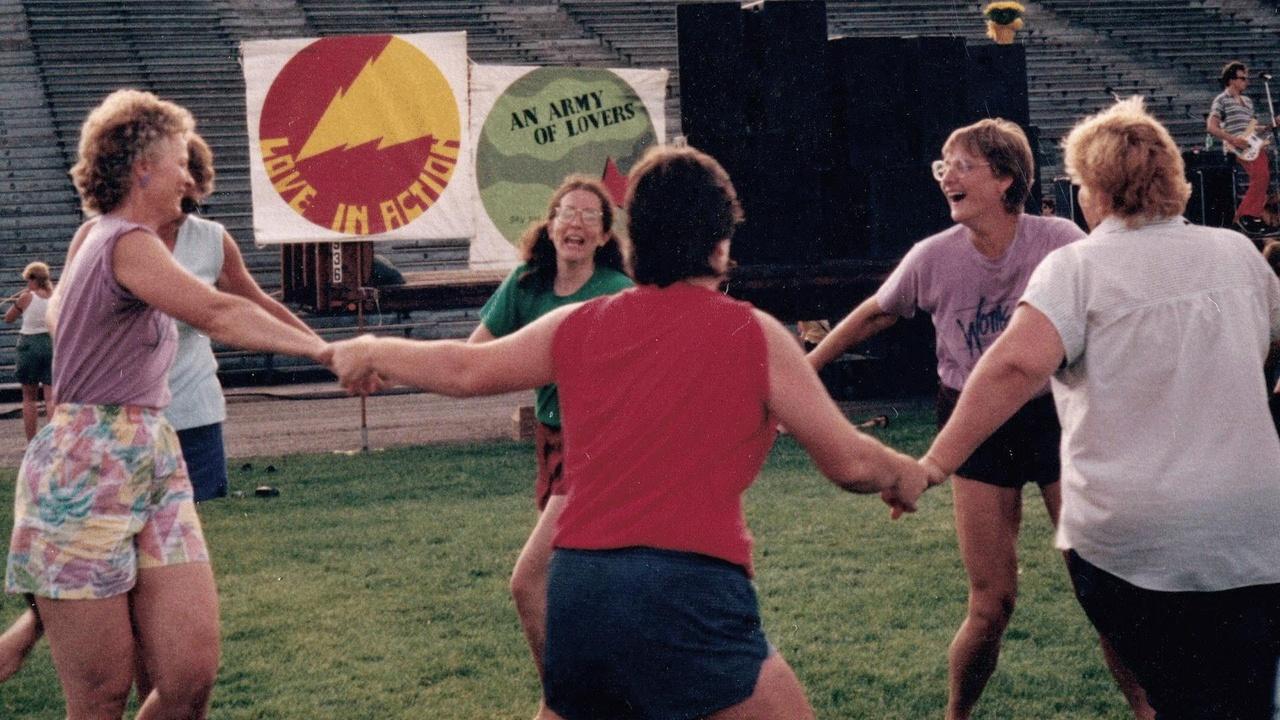
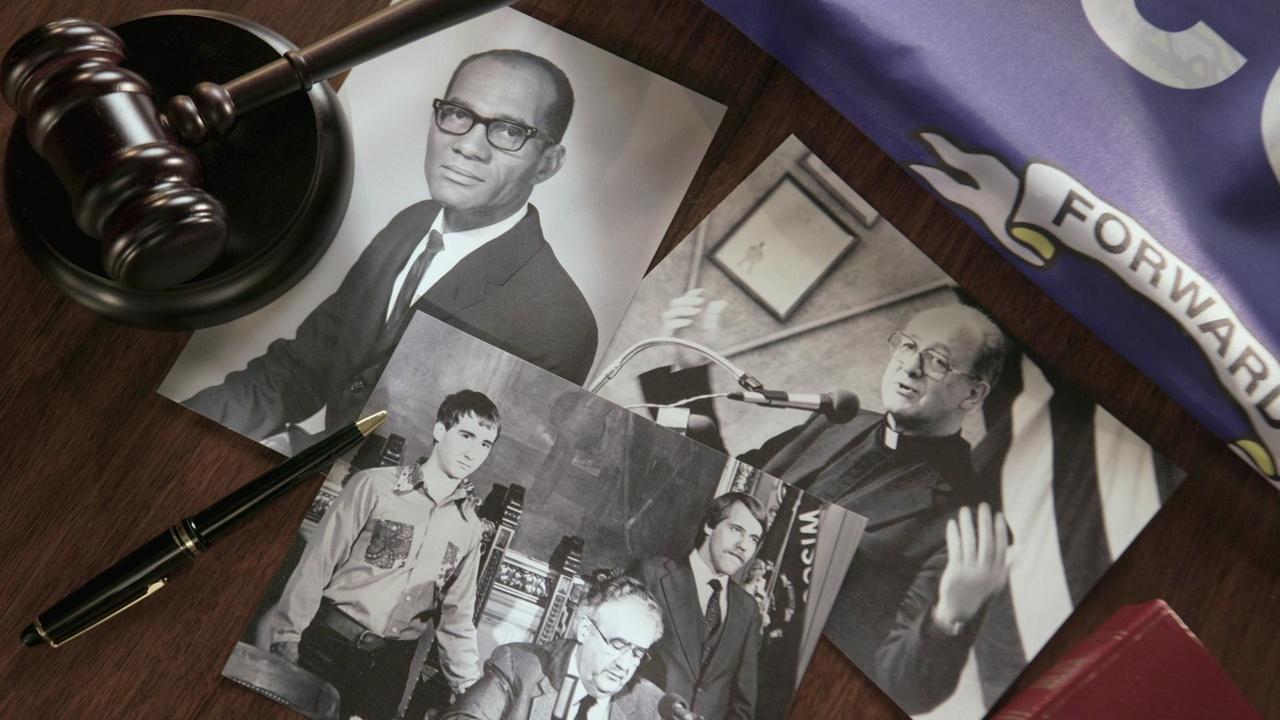
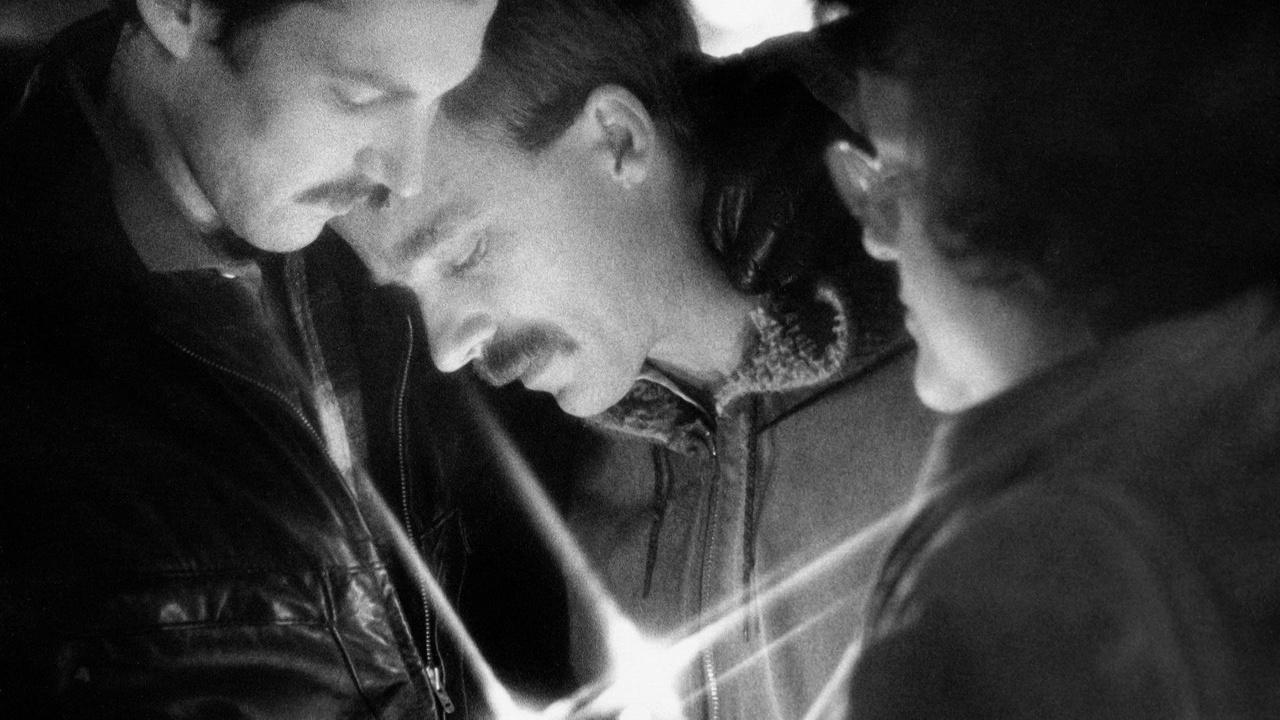
 Passport
Passport






Follow Us